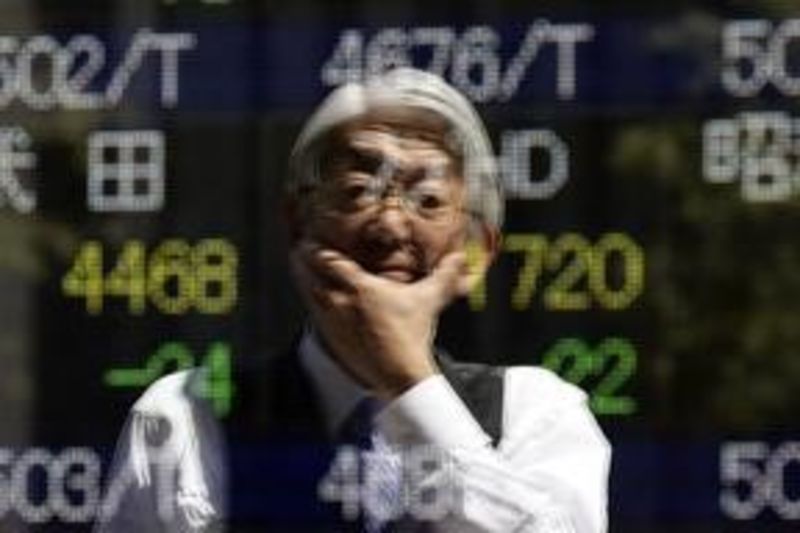Investing.com - Asian stocks continued to rise in afternoon trade on Thursday. Hong Kong-listed Tencent Holdings Ltd (HK:0700) took centre stage after the Cyberspace Administration of China accused the company’s popular news app “Tian Tian Kuai Bao” of spreading vulgar information.
Tencent has been ordered to overhaul its operations, the watchdog said in a notice on Wednesday evening. The company’s shares were down 1.4% at HK$329.2 by 1:25 AM ET (6:25 GMT).
The Chinese internet giant was already under pressure earlier this week after its games were once again absent from a list of new titles to be approved by Chinese regulators.
The State Administration of Press, Publication, Radio, Film and Television ended a 10-month-long halt on video-games approvals in December, giving the green light to a total of 260 games. Tencent has yet to have any of its titles approved so far.
Meanwhile, Chinese stocks gained about half a per cent after Chinese Vice President Wang Qishan said the country’s economic growth “will continue and will be sustainable.”
Speaking at the World Economic Forum in Davos on Wednesday, Wang said that “there will be a lot of uncertainties in 2019, but something that is certain is that China’s economy, China’s growth, will continue and will be sustainable.”
His comments came after China reported on Monday that the growth in its fourth-quarter GDP slowed to 6.4% from the previous quarter’s 6.5%, leaving 2018 growth the weakest in 28 years.
Wang added that the Chinese government is trying to remind people that the “quality, structure and efficiency” of the economic development is “what really matters.”
The Shanghai Composite and the Shenzhen Component traded 0.4% and 0.8% higher following Wang’s speech. Hong Kong’s Hang Seng Index edged up 0.3%.
Separately, while not a directional driver, Reuters reported on Thursday that China’s top leaders formally approved the launch of a new high-tech board at the Shanghai Stock Exchange. The establishment of the board was previously announced at the China International Import Expo last year.
The new board would feature a new IPO registration system as China pushes forward reform in the country’s listing and trading procedures. Under the current approval-based IPO system, it could take months and even years for firms to be listed on Chinese exchanges, according to the state-run Xinhua.
The draft rules for the new trading venue could come later in January the soonest, the report said.
Meanwhile, South Korea’s KOSPI rose 0.7% after the country’s central bank kept its key interest rate unchanged as expected.
State-run media Korean Central News Agency reported that North Korean leader Kim Jong Un praised U.S. President Donald Trump’s “unusual determination and will for the settlement of the issue” on Wednesday. Kim also ordered “technical preparations” for the next meeting between the two leaders, according to the media.
“Kim Jong Un said that we will believe in the positive way of thinking of President Trump, wait with patience and in good faith and, together with the U.S., advance step by step toward the goal to be reached by the two countries,” the report said.
Elsewhere, Japan’s Nikkei 225 underperformed its regional peers and traded 0.3% lower in afternoon trade.
Down under, Australia’s ASX 200 was up 0.4%. The Australian dollar traded lower on Thursday after one of the Australian top four big national banks, the National Australia Bank (NAB), raised the home loan rates today.
In a statement, the bank said it would increase its standard variable mortgage rate for owner-occupier principal and interest (P&I) customers by 12 basis points to 5.36%.
The news sent the Aussie dollar lower as a rate hike is bad news on the country’s indebted households.
The Australian currency received some support earlier in the day after data showed its economy added 21.6k jobs in December, beating the estimate of 18.0k.
